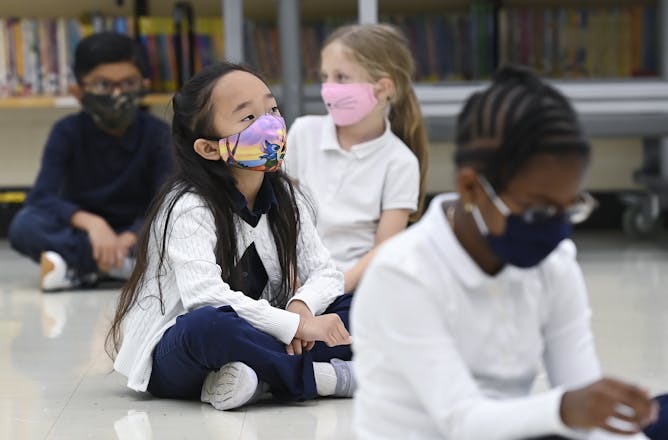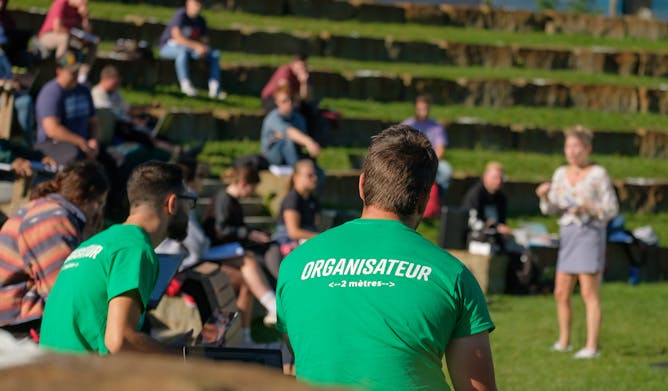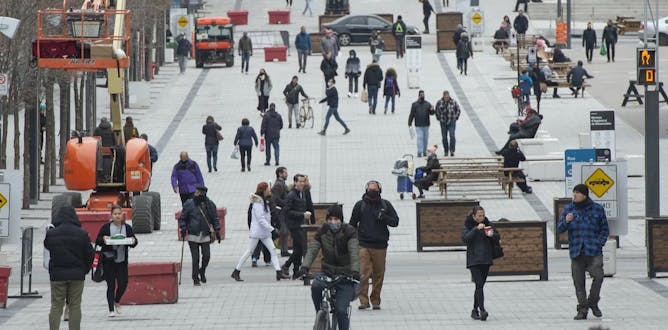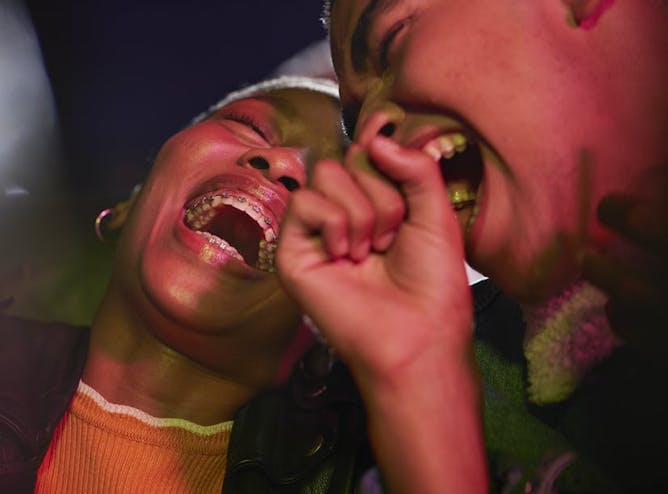|
Happy New Year! We’ve returned from our annual holiday break here at The Conversation Canada, and we’re right back to work with some insightful analyses to kick off 2021.
As most of us are living under COVID-19 lockdowns, we know that planning pandemic schooling has been challenging across the country. But it’s also magnified serious and existing problems with how responsive governments and funding structures are to school, community and student needs.
Today in The Conversation Canada, Jennifer Wallner of University of Ottawa takes on a suggestion that’s been raised to improve schooling across Canada: establishing a national department of education, since Canada is a global outlier without one. But she also relays why this isn’t the way forward, particularly when the federal government is already failing at managing the education of First Nations children living on reserves.
Instead, she argues, more collaboration is needed to learn from what has already been pioneered: for example, capturing intersectional data to begin to understand barriers impacting students like systemic racism, or developing quality early childhood education. As well, she writes, “most governments need to better engage with communities to ensure a wider range of insights are integrated into policy development.”
Also today:
Regards,
|

The solution to better education in Canada isn’t a national department.
Here, children sit at St. Barnabas Catholic School in Scarborough, Ont., on Oct. 27, 2020.
(THE CANADIAN PRESS/Nathan Denette)
Jennifer Wallner, L’Université d’Ottawa/University of Ottawa
Statistics Canada could help provinces and territories design and implement interventions to improve schooling quality, and governments should better engage with the public.
|

An orientation week organizer wearing a shirt promoting physical distancing of two metres sits in a new outdoor ampitheatre at Université de Sherbrooke piloted this past fall.
(Michel Caron/UdeS )
Jean-Philippe Ayotte-Beaudet, Université de Sherbrooke
Université de Sherbrooke introduced 10 new outdoor classrooms during COVID-19 and created a guide about outdoor teaching. It will fine-tune outdoor teaching in response to student feedback.
|

A Scottish Saltire flag hangs in the window of an apartment in Edinburgh, Scotland, next to the EU flag in August 2020. Scottish could vote to separate from the U.K. in 2021.
(AP Photo/David Cheskin)
Catherine Frost, McMaster University
Scotland's renewed push for independence is not only similar to Québec's — there are also lessons for Scottish politicians in Canadian law on the concept of separation.
|

People wandering on a pedestrian portion of Ste-Catherine Street in Montréal. The pandemic has contributed to a recognition of the importance of public space.
The Canadian Press/Ryan Remiorz
Anne-Marie Broudehoux, Université du Québec à Montréal (UQAM)
Containment during the pandemic has contributed to a recognition of the importance of public space as a gathering place and an essential tool to meet the needs of the population.
|

Difficile de trouver plus plaisant que de rire entre amis.
Klaus Vedfelt/DigitalVision via Getty Images
Janet M. Gibson, Grinnell College
Rire, que ce soit en douce ou à gorge déployée, a des bénéfices physiologiques, sociaux, et pour notre santé mentale.
|
Culture + Society
|
-
Randy P. Juhl, University of Pittsburgh
Public health recommendations have always been a hard sell. Resistance to new behaviors – like the mask-wearing and social distancing advised during the COVID-19 pandemic – is part of human nature.
|
|
Environment + Energy
|
-
Lauren McWhinnie, Heriot-Watt University
Whales are rediscovering their old haunts in the Arctic and Southern oceans after centuries of hunting.
|
|
Science + Technology
|
-
Ian Whittaker, Nottingham Trent University; Gareth Dorrian, University of Birmingham
India may land on the Moon this coming year, while Nasa will launch its new, powerful rocket farther into space than any other human rated spacecraft.
|
|